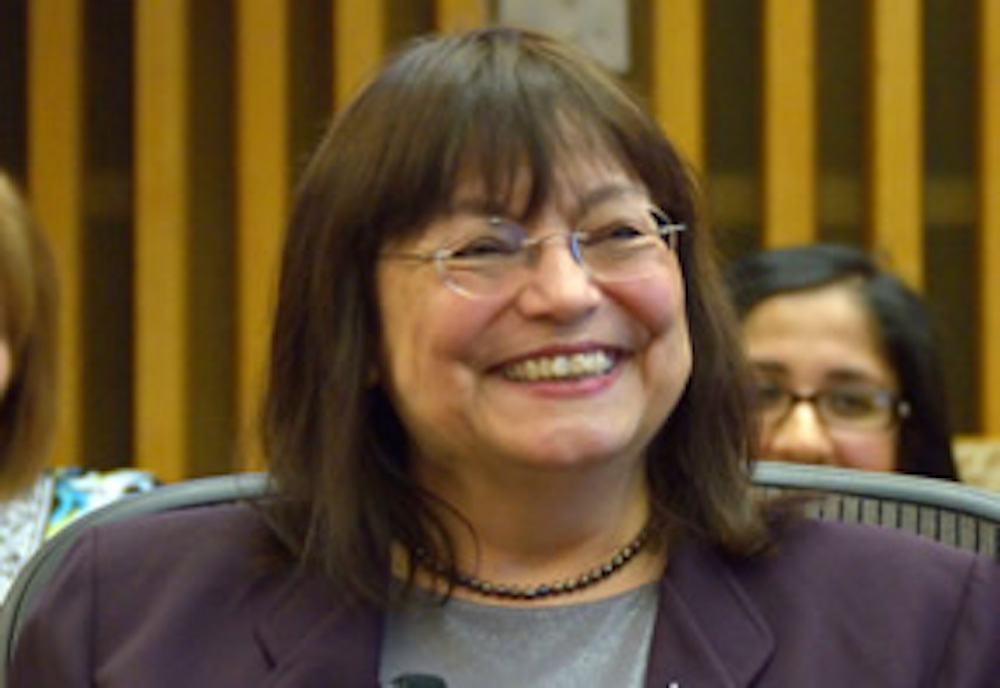
Dr. Lydia Villa-Komaroff is a renowned molecular and cellular biologist best known for her work in her 1978 post-doctoral research. She was a key member of the team that discovered how bacterial cells could be used to generate insulin, and she has been an academic laboratory scientist, a university administrator, and a businesswoman.
Lydia Villa was born in 1947 and grew up in a large family in Santa Fe, New Mexico. She developed a passion for science as a child, citing her chemist uncle and her parents’ love of nature and plants as inspirations.
Initially, Villa entered the University of Washington in Seattle in 1965 as a chemistry major but was informed that “women don’t belong in chemistry,” so she switched to biology. She transferred to Goucher College in Maryland, married Dr. Anthony L. Komaroff, and the couple moved to Boston, where Villa-Komaroff enrolled at the Massachusetts Institute of Technology (MIT) for graduate work in molecular biology.
While still a graduate student at MIT, she became a founding member of the Society for the Advancement of Chicanos/Hispanics and Native Americans in Science (SACNAS). She completed her doctorate in 1975, becoming only the third Mexican American woman in the United States to receive a doctorate degree in the sciences. Dr. Villa-Komaroff then went on to Harvard University to conduct postdoctoral research in recombinant DNA technology and, in 1978, became the first author of a landmark report showing the synthesis of insulin from bacteria.
That same year, she became a faculty professor at the University of Massachusetts Medical School, earning tenure after six years of teaching. She then accepted a position at Harvard that allowed her a lighter course load in order to continue her research. Her work in insulin-related growth factors was featured on the PBS documentary “DNA Detectives,” which was part of a greater series titled “Discovering Women.”
Dr. Villa-Komaroff has also served as Vice President for Research at Northwestern University, Vice President for Research and Chief Operating Officer of the Whitehead Institute in Cambridge, Massachusetts, and was chair of the board of a publicly-traded biotechnology company, Transkaryotic Therapies. She continues to be a role model for STEM students, showing that race and gender barriers can indeed be broken in the field of science.
